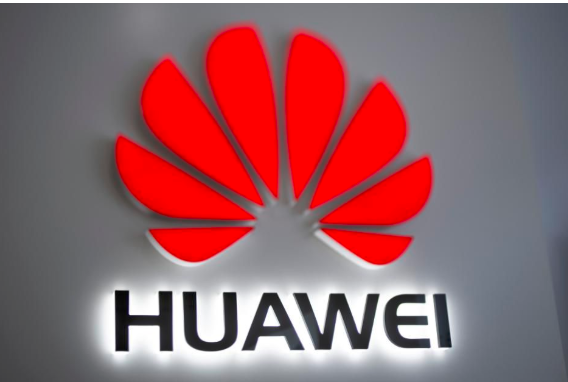"There are two things I don’t believe in," Chancellor Angela Merkel said on Tuesday, referring to Germany's standoff with the United States over Huawei's inclusion in her country's 5G rollout. "First, to discuss these very sensitive security questions publicly, and, second, to exclude a company simply because it’s from a certain country."
Europe now seems likely to settle on 'careful and considered' inclusion of Huawei instead of any blanket bans. Chancellor Merkel stressed this week that a joined-up EU response would be "desirable", and Italy and the U.K. are also backing away from Washington's prohibition on Huawei's 5G technology. If they fold, it is likely the broader European Union will follow suit. And if those key European allies can't be carried, what chance Asia-Pacific, Africa, the Middle East?
There comes a tipping point in any battle, and with this one, we may be just about there. Even as the head of the U.S. European Command told the Armed Services Committee "we’re concerned about [Germany's] telecommunications’ backbone being compromised... If [Huawei] is inside of their defense communications, then we’re not going to communicate with them," the industry was delivering a very different message.
"We’ve not seen any evidence of backdoors into the network,” said Vodafone’s most senior lawyer in the U.K. “If the Americans have evidence, please put it out on the table.”
What Vodafone and other industry leaders have to say carries serious weight. Governments will be swayed by the network operators, and so the telecoms industry will likely decide Huawei's fate. They control investments and 5G rollout schedules. They also have the technical expertise and talk glowingly about the Chinese manufacturer's innovation. The company filed more patents than anyone else last year: “An all-time record by anyone,” the WIPO director general told reporters.
The turning point
Last month's Mobile World Congress in Barcelona has proven the turning point in the long-raging battle between the United States and Huawei. Ahead of the event, it looked very much like the world's leading telecoms equipment manufacturer was on the backfoot. The U.S. campaign ahead of MWC had been relentless. Vice President Mike Pence traveled across the Atlantic to call "on all our security partners to be vigilant and to reject any enterprise that would compromise the integrity of our communications technology or national security systems," and Secretary of State Mike Pompeo to make it clear that “if [Huawei] equipment is co-located where we have important American systems, it makes it more difficult for us to partner alongside them.”

